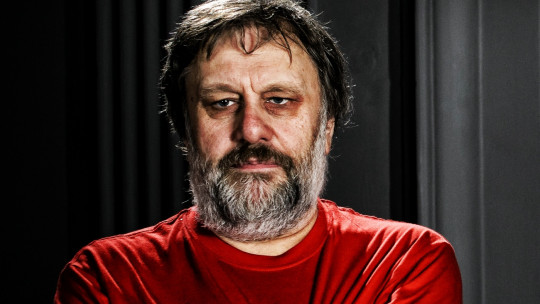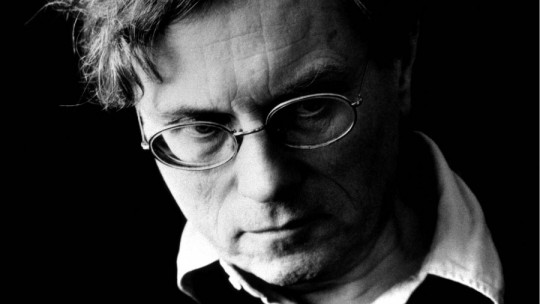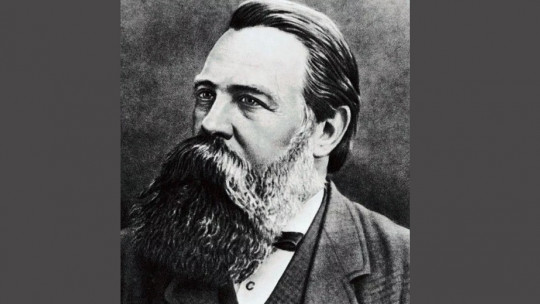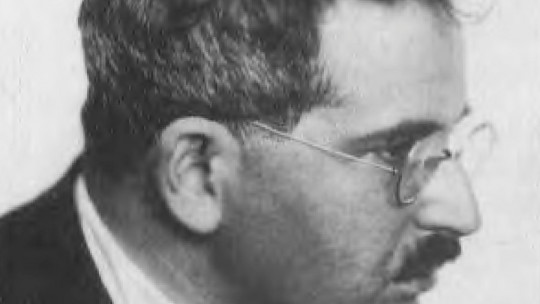Slavoj Zizek He is known for explaining psychoanalytic theory using examples from popular culture and cinema. He has also been gaining fame by being very harsh in criticizing the current state of politics.
His novel vision of Lacan and Hegel and his way of violently attacking other philosophical and cultural positions that have appeared in recent decades, such as the third wave of feminism, cognitivism and New Age beliefs, have earned him the nickname of the most dangerous philosopher. of Europe.
Slavoj Žižek biography
Let’s look in more depth at the exciting life and work of this Slovenian philosopher.
Early years
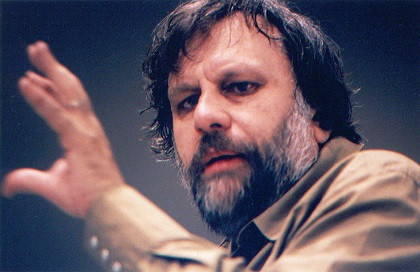
Slavoj Žižek was born in Ljubljana, present-day Slovenia on March 21, 1949, in a Yugoslav middle-class family.
Žižek spent most of his childhood living in Portorož, where he had the opportunity to learn about theories, popular culture and films from the West.
When he became a teenager, Žižek’s family returned to Ljubljana, where the young Slavoj studied at the Bežigrad Institute.
Training
During the 1960s, Yugoslavia was immersed in a series of measures imposed by President Josip Broz Tito that allowed a certain air of liberalization in the socialist country.
Thanks to this, Žižek had the opportunity to study philosophy and sociology at the University of Ljubljana.
During his university years, Žižek had the opportunity to establish contact with some intellectual dissidents, in addition to publishing in alternative magazines such as Praxis, Tribuna and Problemi.
In 1971 he was accepted to work in the field of research on a permanent basis, however, he was ultimately rejected because the authorities considered that his master’s thesis distanced himself from Marxism.
In later years he performed military service in the Yugoslav army in Karlovac.
Career path
Žižek has had a prolific intellectual life translating the works of great thinkers such as Sigmund Freud, Jacques Lacan and Louis Althusser into Slovenian.
In 1979 he entered the sociology department of the Institute of Social Sciences of the University of Ljubljana.
At the end of the seventies he founded, together with other Yugoslav psychoanalytic colleagues, the Society of Theoretical Psychoanalysis.
In 1985 Žižek obtained a doctorate of philosophy in psychoanalysis at the University of Paris VIII.
His surname became famous worldwide in 1989 with the publication of his first book in English: The Sublime Object of Ideology.
In addition, he has collaborated in several newspapers such as the North American Lacanian Ink and In These Times, The New Left and The London Review of Books in the United Kingdom, as well as several magazines in his native Slovenia.
In 2007, the International Journal of Žižek Studies was founded, an Open Access research journal that has become the inspiration for the creation of four operas based on publications by the Slovenian philosopher, announced by the British Royal Opera House in 2013.
Policy
Since the late 1980s, Žižek became known as a columnist for the alternative youth magazine Mladina in which a critical view was shown of President Tito’s measures and, especially, of the militarization of society.
Žižek was a member of the Slovenian communist party until 1988, however, that year he resigned along with 32 other Slovenian intellectuals in protest at the JBTZ impeachment trial, in which four newspaper editors were convicted for having been critical of the Yugoslav army.
At the end of the 1980s he participated in several social and political movements that called for the arrival of democracy in the Slavic country, participating in the Committee for the Defense of Human Rights.
In the first free elections held in Slovenia, Žižek presented himself as the candidate of the Liberal Democratic Party for the country’s presidency.
One of the reasons why he joined this party and not others closer to communism, according to Žižek, was to prevent Slovenia from becoming a country like Croatia or Serbia, where nationalism was achieving great hegemony.
Despite having participated in liberal projects, he has always been very critical of ideologies located mostly on the right side of the political spectrum, such as nationalism, conservatism and liberalism in its most classic version. In fact, Žižek himself considers himself a ‘radical Stalinist philosopher’.
Already into the 2000s he moved away from parliamentary activity, but published several analyzes on the political situation, showing his support, not always in the most politically correct way, for left-wing parties at the European level, such as Syriza and Podemos.
Personal life
Slavoj Žižek has a son and has been married a total of three times: first to a Slovenian philosopher, Renata Saleci, then to a model Analia Houlie, and finally to Jela Krečič. He is a fluent speaker of Slovenian, Serbo-Croatian, French, German and English
Thought
Below we are going to find out what are the keys to understanding Slavoj Žižek’s ideas in different areas.
1. Criticism of multiculturalism and nationalism
Žižek has been very critical of current political ideologies His starting point is that nationalism and liberalism should not be conceived as if they were two completely autonomous worlds that do not interact with each other, but rather act as extremes of the same logic.
Thus, these two ways of seeing the world must be analyzed not only on an economic level but also on a libidinal level, that is, how when interacting with each other they are in turn the creators of other political ideologies that try to achieve maximum pleasure/ satisfaction for the person.
Based on this, Žižek’s conclusions are that multiculturalism, that is, the idea that promotes tolerance of any social movement, is, in turn, the cause of what attempts to confront it.
Žižek rejects the hybrid ideologies that, according to him, are the result of the liberal left, which, according to him, are nothing more than the politically correct form in which capitalism is most ferocious.
This vision of Žižek can be found more deeply explained in several works:
2. Vision of the state and politics in general
Žižek considers the state to be a system that regulates the behavior of its citizens and molds it in the image and likeness of his ideal vision of how society should behave.
Unfortunately, in the view of this same philosopher, political decisions have been transformed into something normal and indisputable instead of conveniently contextualizing them at the moment in which they are developed.
An example of this is how certain ideologies, especially right-wing, defend cuts in basic services, treating them as if they were something objective and extremely necessary.
Although Western societies have seen greater citizen participation in government decisions, whether through elections or referendums, many of these decisions are made in favor of capital rather than social well-being.

